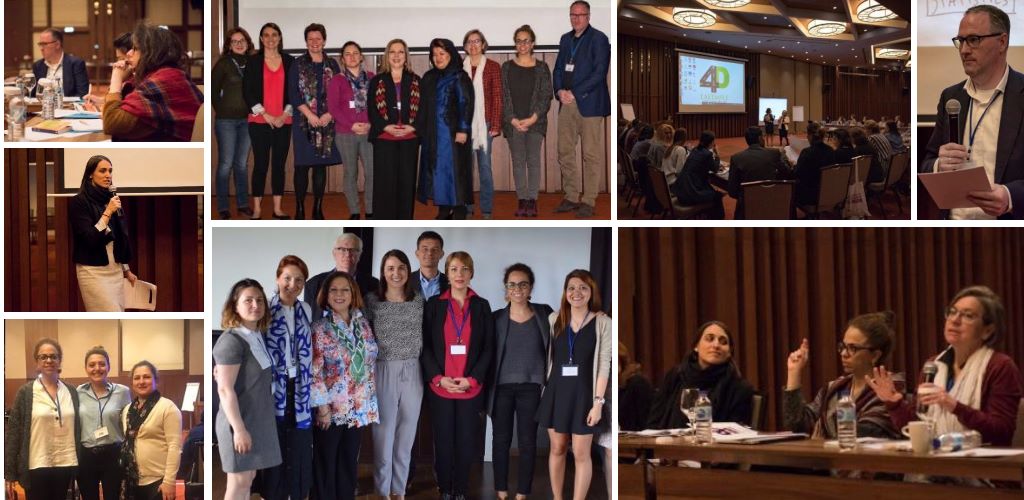Subject Matter Training and Workshops:
Conferences and Training sessions shouldn’t be ends in themselves, but rather launching pads for sustainable and continuous development initiatives. With this philosophy, Last Mile4D designs and delivers regional conferences, trainings, and workshops on public health issues impacting the right to health, and health and safety of women and girls. But LM4D’s secret-sauce is the action-planning that takes place at the conferences and workshops, and the follow up work that takes place after these events to ensure that action plans become actualized and impact the landscape of policymaking.
LM4D invites international and regional experts to devise a curriculum tailored for regional contexts that addresses the needs of each country within the region we are working in. Trainings and workshops are participatory, and they engage participants to address individual countries’ specific public health policy issues related to women and girls’ rights to health and safety. LM4D works with international and regional partners to address these regional needs in a variety of ways, from content support to financial collaboration to joint-hosting and more. And LM4D’s own team helps participants devise, commit to and execute action plans that actually create traction on the ground, improving the health outcomes for women and girls living in the remotest Last Mile communities.
Project Operational Training and Education:
LM4D’s work in operational training and education brings critical information, training, and skills to remote communities, transforming the way they communicate and spread knowledge related to health and safety of “at risk” women and girls. We train local partners on the use of V4D, which has applications including information and data gathering, and communicating with project managers. V4D is also used to bring educational content to local partners who then use this to improve the well-being, health, and rights to health and safety of women and girls in their communities around the world. We work with community stakeholders and the governments to ensure that programs and curricular content are adjusted to take into account local social, cultural and political contexts.
